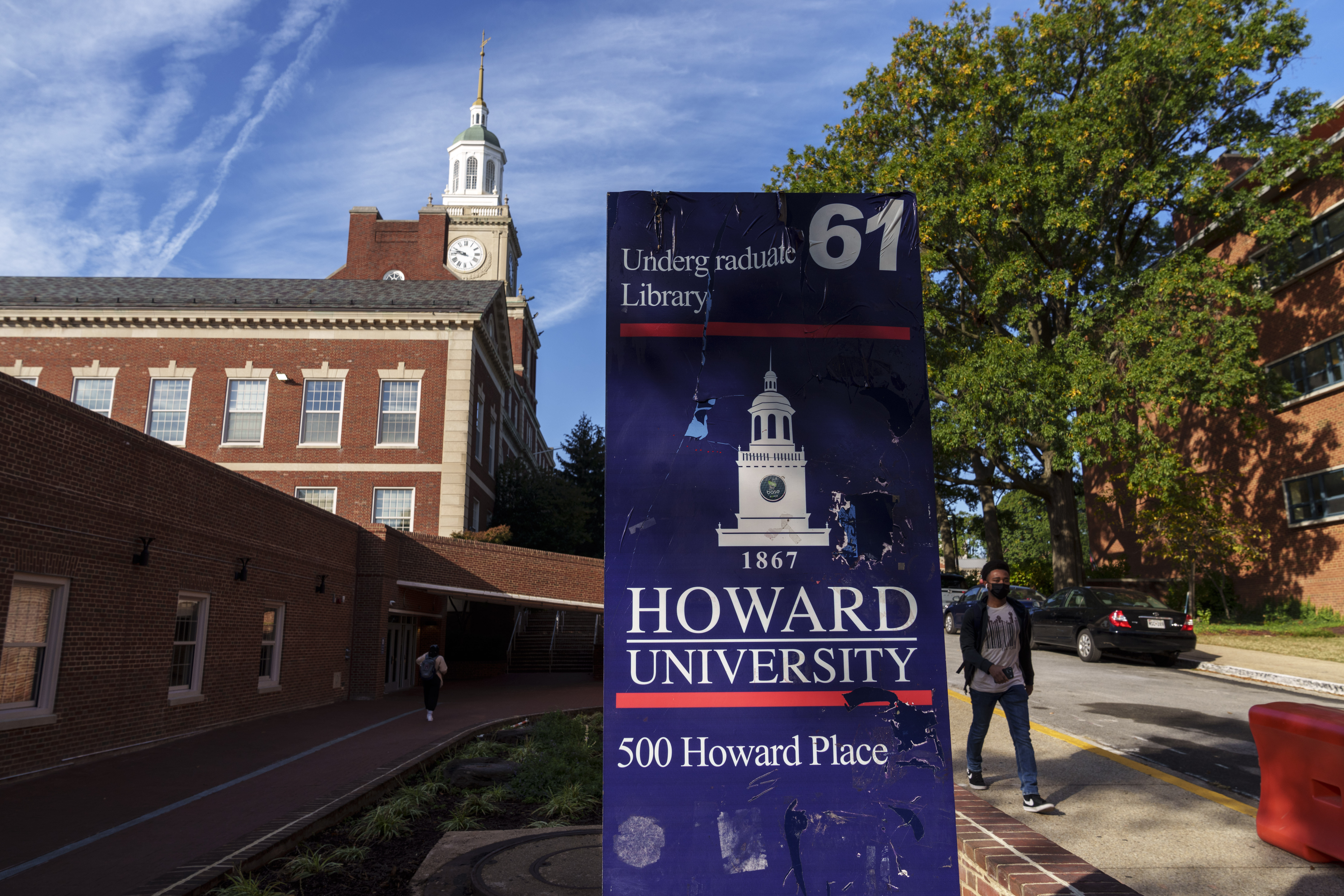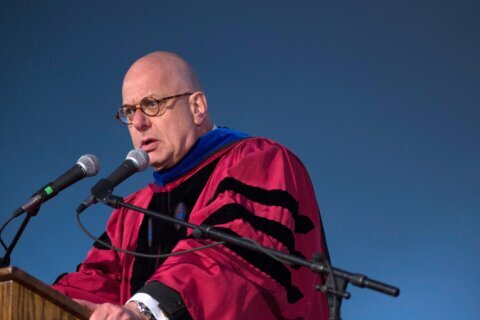
Howard University is taking on the task of increasing the number of Black pharmacists at drug stores nationwide.
The university believes more African American pharmacists could lead to a drop in life-threatening illnesses among Black patients, according to Dr. Tamara McCants, a clinical assistant professor at the historically Black university.
“Black patients respond to Black healthcare professionals,” McCants told WTOP. “There are a lot of studies out there.”
There are more than 315,000 pharmacists in the U.S., according to the Department of Labor. Only about four percent — a little more than 12,000 pharmacists nationwide — are identified as Black.
Increasing the number of Black pharmacists can happen quickly, as “the percentage of Black pharmacists more than doubled between 2014 and 2019, from 2.3% to 4.9%,” according to the American Association of Colleges of Pharmacy. Many of them are Black women.
The university wants to see that boost occur again. One way to lure potential students is by promoting the profession’s high starting salaries.
“Every time I go into an elementary school, I lead with that,” McCants said. “That’s a motivating factor. I was 24 years old, and my starting salary was $105,000 fresh out of pharmacy school. I didn’t even know what to do with that money. We should lead with that.”
McCants said pharmacists demonstrated their importance in the medical field during the pandemic, being called on to perform a slew of medical tasks including giving shots, adjusting medications and performing wellness visits.
And they can address the cultural care gap among Black patients who are more comfortable going to a Black healthcare provider, McCants told WTOP.
“It’s so very important for us to have practitioners that we can talk to, that we can trust, who we can relate to,” she said. “And especially for the pharmacists because they’re the most accessible healthcare professional.”
That’s why Jelani Smith enrolled in Howard’s pharmacy school — the only pharmacy in his small, eastern North Carolina town shut down years ago, taking its pharmacist with it.
The 32-year-old Army veteran said that pharmacists were the closest thing to a doctor many people in his town had.
“Cardiovascular disease is killing our community. Diabetes is killing our community,” the first-year pharmacy student said. “My ultimate intention is to go back home and open up that pharmacy.”
Smith said the four-year program is tough and without his mission of returning home to help others, it would be easy to drop out of the challenging pharmacy program.
He has already seen some fellow pharmacy students struggle academically to stay in Howard’s rigorous program.
McCants said therein lies the difficulty of graduating more Black pharmacists.
“We have to be honest with this generation,” she said. “We’re realizing that the students that are applying for pharmacy schools are not the same kind of students who applied 10, 15 years ago. If you’re not used to this type of course load, it can be overwhelming.”
The university said Black students are also faced with additional distractions, like the high cost of tuition and supporting families and children. Howard is working to identify extra services students may need to keep them in school.
“It’s life,” McCants said. “But a program that’s successful in pushing out Black pharmacists has to know all of these things, so it can wrap around students and support them to successfully complete the program.”
Get breaking news and daily headlines delivered to your email inbox by signing up here.
© 2024 WTOP. All Rights Reserved. This website is not intended for users located within the European Economic Area.






